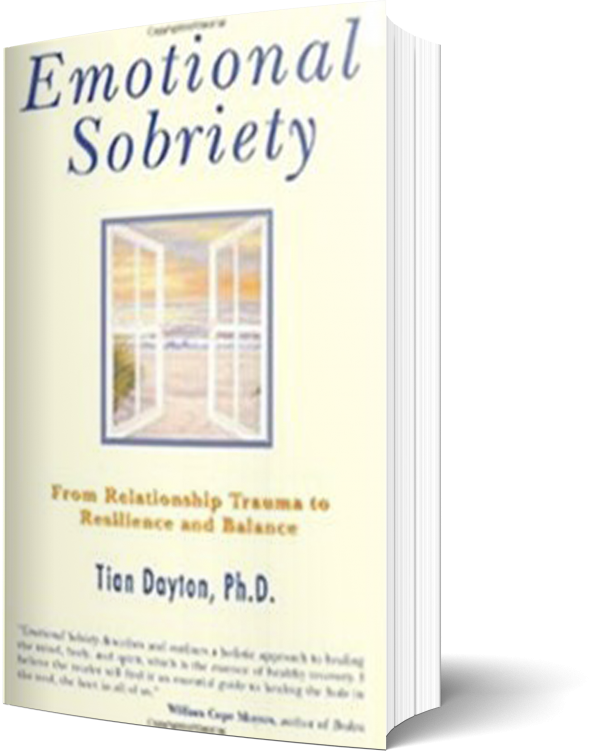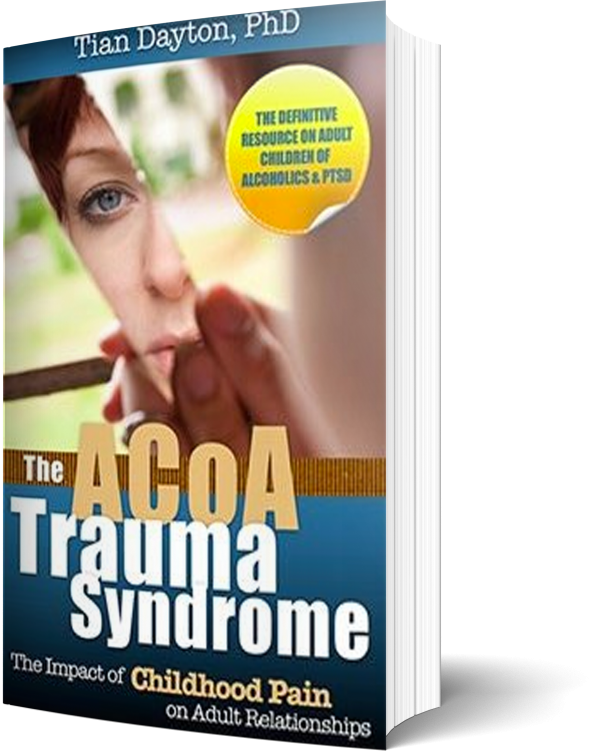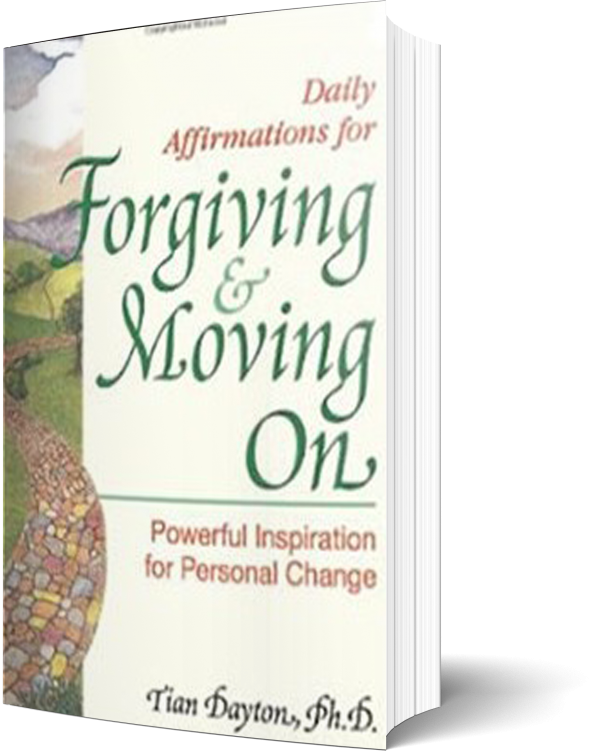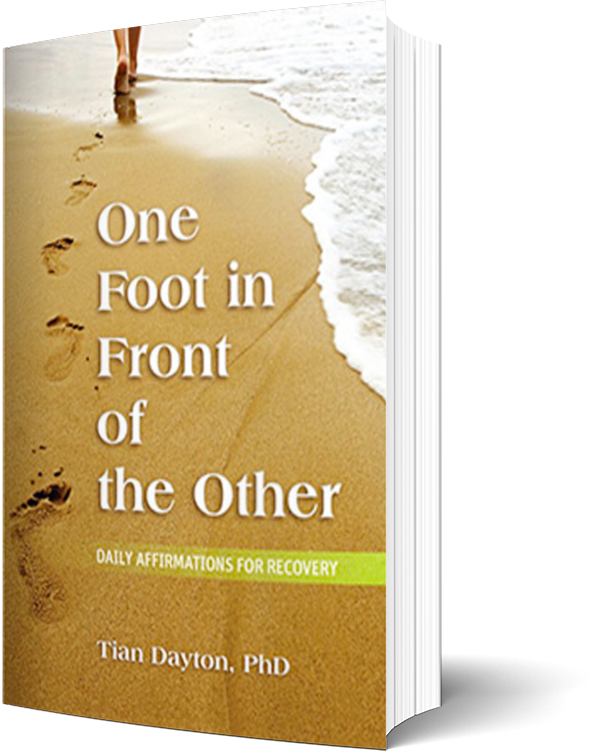Question:
"A brief period of closeness with a man who might have mattered to me, has caused me to open up to my long-buried pain, and recognize that my uber-independent stance is an adaptive mechanism that doesn't really work for me that well anymore since for the first time in my life I find myself longing for closeness – but I equate closeness with pain – how should I proceed? I want to run away from the pain of being close but I need some closeness and comfort, too."
Signed,
Smart but confused in Minnesota
Dear Smart But Confused in Minnesota,
With your permission I will share with the Huffington Post reader more of your history that you shared with me. It paints a clear picture of how the coping mechanisms that we developed in childhood to help us to get through and even thrive can actually become a source of limitation in adulthood trapping us in our own immature coping strategies and propelling us to recreate the very pain and in this case deep longing and loneliness, that we experienced as children.
SBCIM writes:
……."I am reading your book on emotional sobriety. I hardly recall my childhood after my mother became mentally ill and left, but my adulthood was spent being uber-competent. I built resilience, set goals and met them, raised a child, got a master's degree, and have exciting (and even important) work as an environmental consultant. I took a conscious vow of celibacy while raising my child (since I had been raised in an unsteady and dangerous household – I wanted to give my girl stability). One consequence is that I have not been dating, though I have many close male friends in environmental consulting (a male dominated field)."……
Dr. Dayton:
OK, SBCIM and reader, so here are our first clues. Clue #1 "I hardly recall my childhood after my mother became mentally ill and left"
Dr. Dayton: Clearly SBCIM's mother's illness and subsequent departure were traumatizing, loss of memory often accompanies a traumatic event or period in one's life.
SBCIM Clue #2 "I became ubercompetant"
Dr. Dayton:: In the absence of reliable adults to depend upon children often become little adults to soon. While they may be able to do this and keep going, even thrive, the price they often pay is a loss of ability to depend, to be vulnerable and to trust love; all of these are necessary for intimacy to take place. But feeling vulnerable and dependent can unconsciously make the child who has been traumatized feel at risk of being so deeply hurt again that they can feel they may not be able to survive the pain were they to love and be rejected. Keep in mind, the child depends upon the parent for survival and this sort of abrupt and premature loss of a parent can shake a child's trust and faith in an orderly universe.Even as an adult they can carry this unconcious fear into their marriages and partnerships.
SBCIM "I took a conscious vow of celibacy"
Dr. Dayton: Trauma tends to send us to emotional extremes. Because her fear of repeating the pain she'd experienced in her childhood with her own daughter was so extreme, SBCIM guarded against it with the same sort of solution in adulthood that she had figured out in childhood. Her chid like reasoning may have gone something like this, "I will depend on no one, I will do everything myself, people you need desperately only let you down. I will not need anything nor ask for help from anyone and that's how I will keep from getting hurt."
SBCIM "Eight months ago, I started to date (and sleep) with Joe. He was great. I was great. We were great together. But I was miserable. I spent all my time watching, waiting, worrying, and wondering. I was "hyper vigilant," to use your word. Four months in, during a full-body massage at the clinic that treats my fractured sternum, I cried and cried and cried and cried for about one hour: "no, no, no, no, no, I don't love him, I won't love him, I will never love him. . . "
Dr. Dayton: When her heart became open to love again all of the unprocessed pain that SBCIM had buried so long ago resurfaced. This is where so many make a mistake. They make their childhood pain about the relationship they are in rather than realizing its possible earlier source. And they become hypervigilant, constantly waiting for the other shoe to drop, constantly waiting to be hurt all over again. This causes them to over react to relationship problems that others might be able to roll with. Their very over reaction eventually exacerbates and even creates problems that wind up "proving" their original thesis that love just isn't worth it and intimacy is just too difficult and painful.
An example of her hypervigilance and her creating the very rejection she feared can be seen in
SBCIM's next quote.
SBCIM "I was still miserably watching, waiting, worrying, and wondering for the next shoe to drop: do I matter? does our connection matter? will he lose interest? I told him a dozen times, "you are not interested in me" and he told me over and over that he was – that he is intrigued by me), since I'd recollected so thoroughly how much losing love hurts."
Dr. Dayton: My advice to you Dear Minnesota girl is first of all, don't try to do this alone; get yourself to either a twelve step program (there are so many of them one is likely to fit) or to a professional or preferably to both. Separate the past from the present. It's critical that you see the relationship as the TRIGGER event not the source of all of your pain. Entering an intimate relationship as an adult when you've been deeply hurt as a child can feel like terra incognita, unknown territory. It can be scary as well as exiting; threatening as well as reassuring. This is true for all of us, giving our hearts is risky business, we never know quite how we'll get it back. But for the heart that has been broken in childhood, it can feel like a slow walk to the guillotine. Try to take life as a series of lessons and look at the gift in a relationship that allows you to see more of you and become more who you can be. Life is nothing if not a journey and part of the journey is losing and finding the self. You tell me that this is over now and if that is still the case it may be your moment to grieve the loss of your Mother and of the yeaqrs of childhood that were somewhat taken from you. If you can let yourself go through this giref process, which will hurt horribly to be sure, you may find that you increase your capacity to feel more feelings and feel them more deeply and that you are somehow more trusting of life and of yourself. Becuase what you ultimately need to be able to trust is that you can love and be hurt and survive. But again, don't do it alone, now is your moment to reach out in a way that you were never able to do before, not just to a man, reach out for help. Bless you and good luck.
tiandayton.com Emotional Sobriety: From Relationship Trauma to Resilience and Balance





